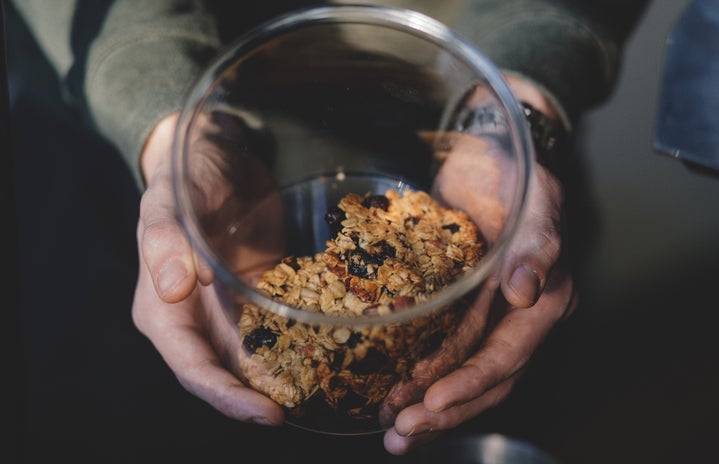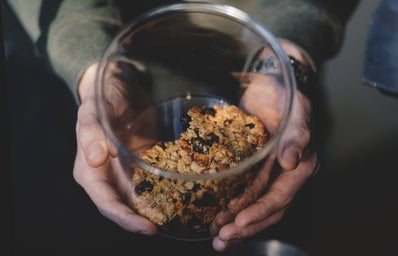The recent blackout has reminded the public of the ongoing crisis in Venezuela. Because many are not very well versed on the issue, I decided that in addition to scoping articles and news stories, I would interview Michelle Verde, a Venezuelan who is incredibly familiar with the ongoing struggles in the country. In addition to being full Venezuelan, Michelle still has family living there she is in regular contact with and has actually visited Venezuela during this time.
For those who do not know what is going on, let’s go back to 2013. President Chavez, a socialist whose regime was disliked by many, passed away. This death was a wake-up call for many citizens who were ready for a change. However, with the flawed campaign of President Maduro that change was unattainable. This social upset after he was put into office caused a series of protests and raised awareness of the brutality of the Venezuelan police force. Their retaliation was violent, and other issues would arise that would cause civilians to continue to revolt against the government.
In a country in the midst of a potential coup d’etat, chaos is inevitable. The past five years have been tough for Venezuelans and tensions continue to rise as hyperinflation increases, food and medicine become scarce, and oil output declines alongside a plethora of other issues. These events have caused droves of Venezuelans to leave their homeland in search of security and stability including Michelle’s family.
Tell me a little about your relationship and history with the country.
I was born and raised there until the age of six. That was when I moved to the United States. Some of my family is still there and I talk to them often through Whatsapp.
What was your reaction when you first heard about what was going on in the country? Did you think it would get this bad?
At first, we didn’t think it would be this bad. When Chavez died we thought someone else would take his place and make things better. We felt like that was an opportunity for a lot of change, but Maduro was doing the same things if not worse. His campaign expressed that he would continue Chavez’s legacy. He won but many say that he cheated to win. We had no way of knowing that things would take such a dark turn; we were hopeful at first, but now it just seems like it’ll take time before things get better.
How is your family doing out there?
Some of my family members left the country and moved to Chile and Peru. The ones who are there are struggling but we’re fortunate enough to be able to help them and send them money and care packages. Other people aren’t lucky enough to have family outside of the country. Those people sometimes have to resort to begging for water and other necessities.
What do you think is the hardest thing that families are facing during this time?
Probably the lack of basic necessities like water and power. People are going days and sometimes months without these necessities. It has affected so many peoples’ lives, and inflation has increased to the point where citizens cannot even eat or live comfortably. Schools will shut down for months because the president says so. Throughout his time in office, he probably crushed so many peoples’ dreams because he made it impossible to even get their foot in the door. The government is also on top of the internet and make it very difficult for people from outside of the country to contact Venezuelans. My mom once had to go through another friend here in the States to call their relatives who are in another part of Venezuela so that they would contact my family so that we could send them money.
Anything you think individuals who aren’t educated on these current events should know?
People don’t realize how bad it really is. When you’re there, you realize how bad it actually is. It seems surreal but you have to put yourself in their shoes. Imagine waking up at 5 a.m. every day to go to the supermarket but once you finally get in, you’re not guaranteed food. You were counting on that trip for the day’s food. Everyone buys food the day of because they don’t know when the power is going to go out and they don’t want to risk their expensive food going bad. Where my aunt lives there was a period of time where there was no water in the area for a month and a half. They had to buy bottled water to shower, eat, and wash their clothes. So many people resorted to this that soon bottled water was barely available.
Michelle also went on to tell me that the Venezuelan government has also burned foreign aid in front of citizens, limited the abilities for citizens to leave the country, and has made medicine so expensive that many people who need it are unable to get better and pass away. She told me about how troubling it was to see people literally begging for water on the street when she visited. She also recalled her visit to the shopping mall and talked about how the stores were either empty or that the items were absurdly expensive. The lack of fair pay of those employees was also mentioned. She said, “People with minimum wage jobs are really struggling and need more than just one job to make a living. It’s hard to even buy a coke sometimes with that type of pay.”
Hopefully, throughout the next couple of years, Venezuelans will be treated the way they deserve and appoint government officials who will put their needs first. This has been going on for a while and has continued to surprise many people. Attached are some images to add a little perspective and hopefully help raise awareness of how crazy it really is there. Staying updated and sensitive to the subject is important because although we’re so far away, there are always ways we can help.
Images via Zero Hedge
Image via BBC



